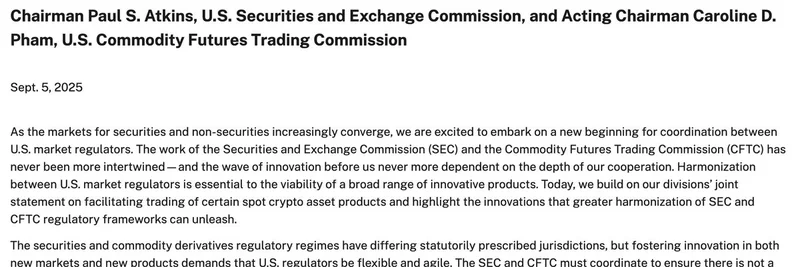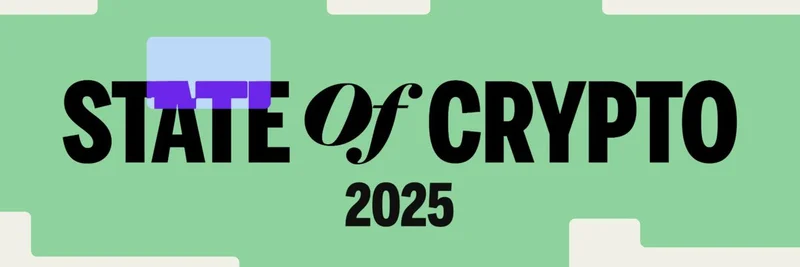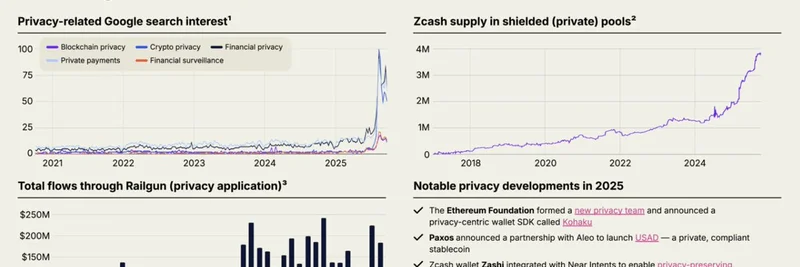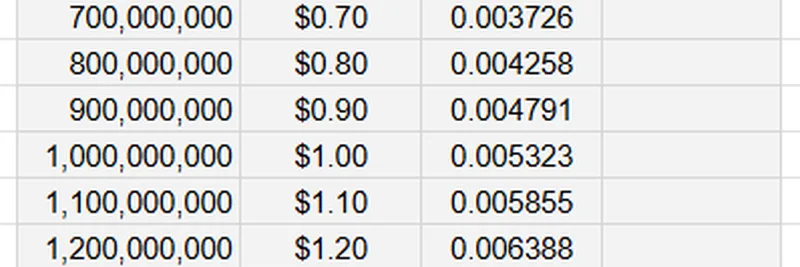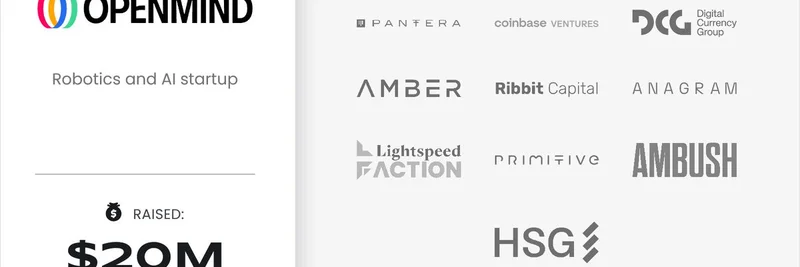If you've been keeping an eye on the crypto world, especially the wild ride of meme tokens, today's news from the U.S. regulators is a big deal. The SEC's Chairman Paul S. Atkins and the CFTC's Acting Chairman Caroline D. Pham just dropped a joint statement highlighting a fresh push for cooperation between the two agencies. This comes at a time when the lines between securities and commodities are blurring more than ever, thanks to the rapid evolution of digital assets.
In the statement, they acknowledge how fragmented regulation has been pushing innovation overseas. Think about it: U.S. crypto projects, including those pumping out meme coins on chains like Solana, have often had to navigate a regulatory "no man's land." This uncertainty has chilled investment and development right here at home. But now, the SEC and CFTC are signaling a shift toward harmonization, aiming to make the U.S. a more attractive hub for blockchain tech.
The announcement, shared via a tweet from @SolanaFloor, goes beyond just words. It outlines specific steps that could directly benefit the meme token space. For starters, there's a joint roundtable scheduled for September 29, 2025, to dive deeper into regulatory alignment. This could lead to clearer rules for trading spot crypto assets, which is huge for meme tokens that often trade as non-securities.
Key Initiatives and Their Meme Token Implications
Let's break down some of the highlighted plans and what they might mean for meme enthusiasts and builders:
Extended Trading Hours: The push to expand U.S. trading hours to match the 24/7 global crypto markets. Meme tokens thrive on hype and viral moments that don't stick to 9-to-5 schedules. This could mean more liquidity and fewer "after-hours" pumps and dumps, making Solana-based memes like those on Pump.fun even more accessible to U.S. traders.
Clarity for Prediction Markets: These platforms, where users bet on real-world events, often intersect with meme culture (remember election-themed tokens?). Regulatory clarity could open the door for more U.S.-based innovation, potentially integrating meme elements into decentralized betting without the fear of SEC crackdowns.
Onshoring Perpetual Crypto Contracts: Perpetual futures are a staple in crypto trading, allowing leveraged bets on assets without expiration. Bringing these onshore with eased rules could reduce the need for offshore exchanges, benefiting meme token derivatives that pop up during market frenzies.
Easing Collateral Requirements: No more double margin posting for firms dealing with both agencies. This lowers barriers for DeFi protocols, which often underpin meme token launches. Imagine smoother operations for decentralized exchanges (DEXs) on Solana, where meme coins are born every minute.
Safe Harbors for DeFi: Creating protected zones for decentralized finance protocols. This is a nod to the core of blockchain—decentralization. For meme tokens, which often start as community-driven jokes on platforms like Raydium, this could mean less regulatory scrutiny and more room to grow into legitimate projects.
This move isn't just about big players; it's a win for the grassroots meme community. Solana, known for its speed and low fees, has become a hotspot for meme tokens, with ecosystems like the one around BONK or WIF showing how viral ideas can turn into billion-dollar markets. With better regulatory coordination, we might see more U.S. developers jumping in without worrying about which agency will come knocking.
Of course, this is just the beginning. The statement emphasizes building on past joint efforts, like facilitating spot crypto trading. But history tells us that regulatory changes can be slow. Still, in a space as fast-moving as crypto, even a signal of cooperation can spark rallies—keep an eye on Solana's price and meme token volumes in the coming days.
For blockchain practitioners diving into meme tokens, this underscores the importance of staying informed. At Meme Insider, we're all about equipping you with the knowledge to navigate these shifts. Whether you're a trader, builder, or just a curious observer, harmonized regs could make the U.S. the go-to place for the next big meme explosion.
What do you think—will this finally bring crypto innovation back home? Drop your thoughts in the comments below!
